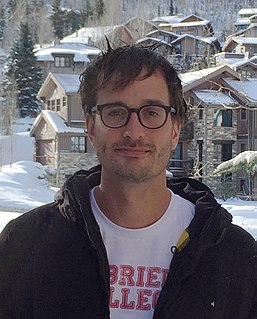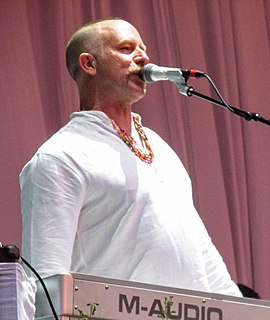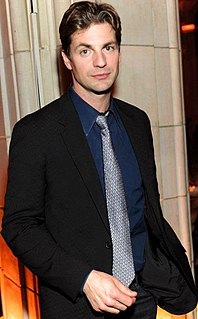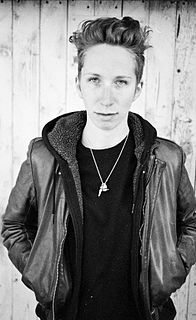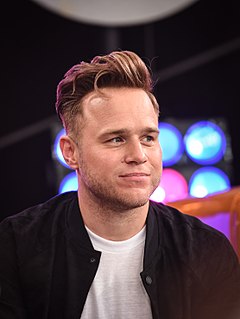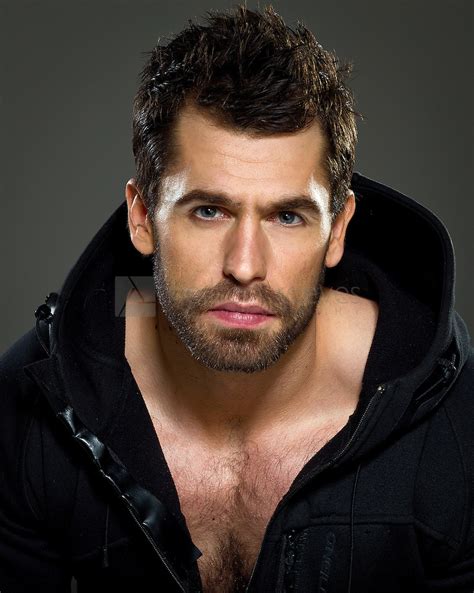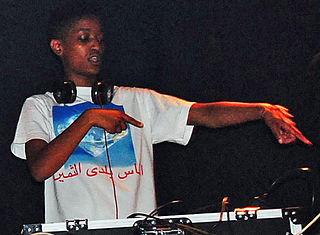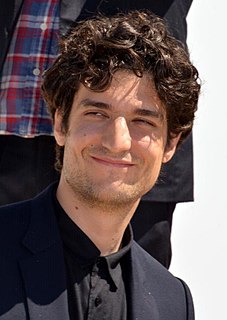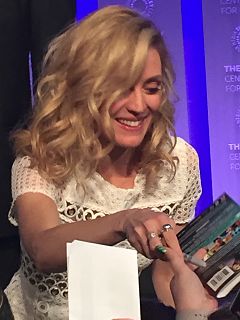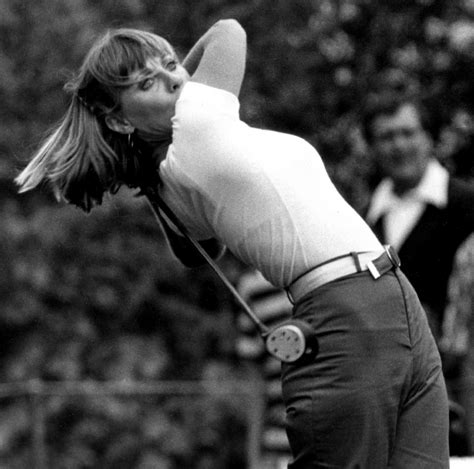A Quote by David Farrier
It's unfortunate we live in a society where "gay" is an insult. To some of these boys, who are from really red states and have families with military history, to be called gay is the worst thing imaginable, and that's used against them. It's really interesting that these are the people drawn into the tickling world. If the people drawn into competitive endurance tickling, even if they were straight, came from liberal, accepting backgrounds, the backlash of calling them gay wouldn't be a problem. But it's a problem because of where these people are from. That's really fascinating to me.
Quote Topics
Accepting
Against
Backgrounds
Backlash
Because
Boys
Calling
Came
Competitive
Drawn
Endurance
Even
Families
Fascinating
Gay
History
Imaginable
Insult
Interesting
Liberal
Live
Me
Military
Military History
People
Problem
Really
Really Interesting
Red
Society
Some
States
Straight
Them
Thing
Tickling
Unfortunate
Used
Were
World
Worst
Worst Thing
Related Quotes
I think I was probably looking for gay role models when I was younger, before I even knew or thought I was gay. I didn't really make the connection that they were gay, but I felt drawn to them because they were going against the grain, and I knew there was something that they had that everybody else didn't have. It was an edge.
The ball scene was never really only gay people. I think people have this notion that if there's a man hanging around a gay man, he must be gay, but that's just stigma. Back in the day, it was the same; there were lots of different people there: gay, straight, whatever. They did not care what they were called because they knew who they were.
I never really got any backlash from coming out. Across the board all I really got was kids who were grateful, which is so touching and rewarding for me. So grateful that I came out, that I could serve as someone in their world that was gay and helped them feel comfortable about being gay themselves.
For a while, the gay thing seemed like such a big deal. But now, I don't think it is. It's just a comedy-drama about people who live in the United States. It's a slice-of-life. I play a character-that's it. But I was well aware of the gay lifestyle before the show. I've been hit on in a really strong way by gay men who've tried to convert me, and a lot of my heroes are gay. William Burroughs, Lou Reed. Well, I guess Lou Reed is bi. The point is, it's 2002, gay life is no longer that shocking.
Those people are seen, I assume, by Larry [Kramer] as writing partly about gay issues and problems, whether it's on the surface or not, and I am not. But another thing is when we met, there still wasn't exactly a gay/straight divide in the minds of a lot of straight people. There weren't any gay people, as far as we knew, at Yale.
I'm a straight guy and I date women, but I get on really well with gay guys. I'm very comfortable with my sexuality. The weirdest thing for me is when straight guys get really freaked out by gay guys. It's almost like they're insecure in their own sexuality. For me, I can be in a room full of gay men and have fun.
Yeah, it’s really great. I mean, the clonesbians—you know, I have to say, I feel sometimes that fiction can reflect reality and sometimes even affect it. And I’m really proud to play a gay character whose main problem is not that she’s gay, which it shouldn’t be for anyone. So, I’m really proud of that.
I think people feel threatened by homosexuality. The problem isn't about gay people, the problem is about the attitude towards gay people. People think that all gays are Hannibal Lecters. But gay people are sons and daughters, politicians and doctors, American heroes and daughters of American heroes.
